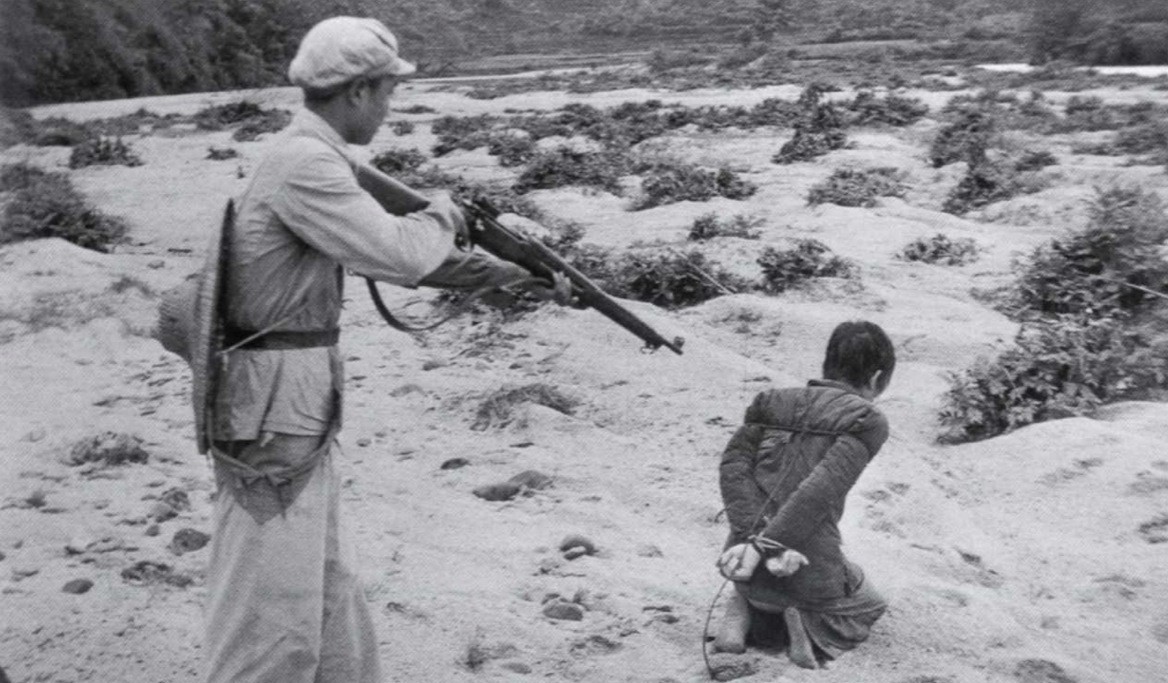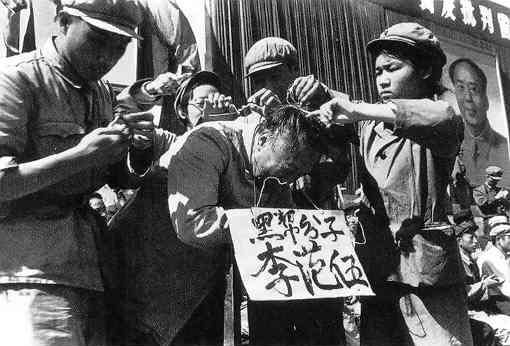The Most Valuable Things of China destroyed by The CCP
 |
| The Most Valuable Things of China destroyed by The CCP |
The Chinese Communist Party (CCP) has taken strict precautions in its preparations to mark its 100th anniversary. Beijing is heavily guarded. Knife stores are required to ask for ID and report customers’ information to the police. Restaurants in restricted areas have been forced to close their doors. The CCP is arresting people going to Beijing and blocking any social media account that might not show enough self-censorship.
The CCP might look strong on the outside, but in reality, it is extremely nervous. Despite decades of tight control and brainwashing, the Chinese people are well aware that the communist system is against human nature and will not last long.
Since its takeover of China, the CCP has killed an estimated 80 million Chinese people. During its existence, it has never stopped its campaigns to purge different groups, every time picking a new group to target. Its primary targets have been those who represented the best of the Chinese people and their culture.
In the 1950s, the CCP took property from landowners, confiscated private businesses from business owners, and killed millions whom they called “capitalists.” Many of its victims were the most well educated and the most successful in Chinese society—often those who imparted the best of Chinese culture, handed down to them through long family history.

A Chinese landowner is executed by a communist soldier in Fukang, China. (Public Domain)
The Chinese people have a long tradition of being loyal to their family and their spouses. When CCP officials reached the cities, they divorced their wives and married city girls. The Chinese also had a long history of respecting and supporting those who lived in temples. But the Party forced monks to marry.
All communist countries have experienced famine—it’s an inevitable result of the communist system. In China, the Great Famine from 1958 to 1962 is estimated to have killed around 40 million people. In thousands of cases, people were driven to insanity and turned to cannibalism.
There is one such story that is widely known. A father and his two children, a boy and a girl, were the only ones left in their farmhouse. One day, the father drove his daughter out of the house. When the girl came back, her brother had disappeared. There was a layer of white foam floating in the wok, and a bone had been discarded by the stove. A few days later, the father added water to the wok, then asked his daughter to come over. The girl was so scared that she hid behind the door, crying and begging: “Da, don’t eat me. I will tend the grass and keep the fire for you. If you eat me, no one will work for you.”
China has a history of 5,000 years of civilization. For most of that time, China was the envy of surrounding countries. The people were civilized and led stylish lives. Even kings from other countries chose to stay and even die in China. Communism, however, has brought famine, poverty, and endless war against the Chinese people.
The Chinese have a tradition of being extremely respectful toward the elderly, showing respect to their parents, grandparents, and teachers. “One day my teacher, life-long my father,” as the old saying goes—he who teaches me for one day is my father for life.
However, in the 1960s during the Cultural Revolution, teenagers were encouraged by communist officials to beat their parents and teachers. In Beijing alone, more than a thousand teachers were beaten to death by their students. As a young man, Bo Xilai—the future mayor of the super city Chongqing who would go on to visit the United States as a high-ranking official—stomped on his father’s chest, breaking several of his ribs. This kind of act was unheard of during 5,000 years of Chinese history.
The CCP used teenagers to search civilians’ homes and destroy antiques, artwork, and traditional objects they found, as well as public artwork, temples, and so on—anything that could remind people of traditional Chinese culture.
The Chinese culture was always believed to be divinely inspired. But communist ideology is against humanity and against human nature. Anything that represents traditional culture and principles is an obstacle to enforcing its ideology.

Communist Party cadres hang a placard on the neck of a Chinese man during the Cultural Revolution in 1966. The words on the placard states the man’s name and accuse him of being a member of the “black class.” (Public Domain)
After using teenagers to destroy traditional objects and overthrow political opponents, the CCP sent those same teenagers to the remote countryside to get “educated.” Doing so prevented a potential revolution and demands from them for employment. These young people faced many years of pain and hopelessness.
The CCP also shut down universities and sent intellectuals to the countryside to do farm work for “reeducation.” Many musicians had their hands ruined by hard labor. Countless writers, artists, professors, engineers, scientists, leading experts, and cultural elites—the people who traditionally carry a country’s knowledge, skills, and cultural spirit—committed suicide.
Worst of all, when the CCP came to power, it outlawed religion, dismissing it as an “opium of the people.” It uses atheism to destroy people’s belief in God, taking away people’s belief in moral standards.
The destruction of Chinese traditions, the damage to the moral standard, and the persecution of people of faith have been the Party’s biggest crimes.
The CCP has killed more people in China than the number who died in the two world wars combined. Beyond killing, it has made every effort to destroy the spirit, culture, and dignity of the Chinese people. Fully aware that it’s the enemy of the people, the Party has always been in an existential crisis.
This is why when top Party leaders speak at anniversary events, they always try to make a strong appeal and appear like they represent the Chinese people. Actually, the CCP has taken the Chinese people hostage, for fear that they will rise up and overthrow it.
Note: This essay was published on The Epoch Times, translated and edited by Menze Zhu



评论
发表评论